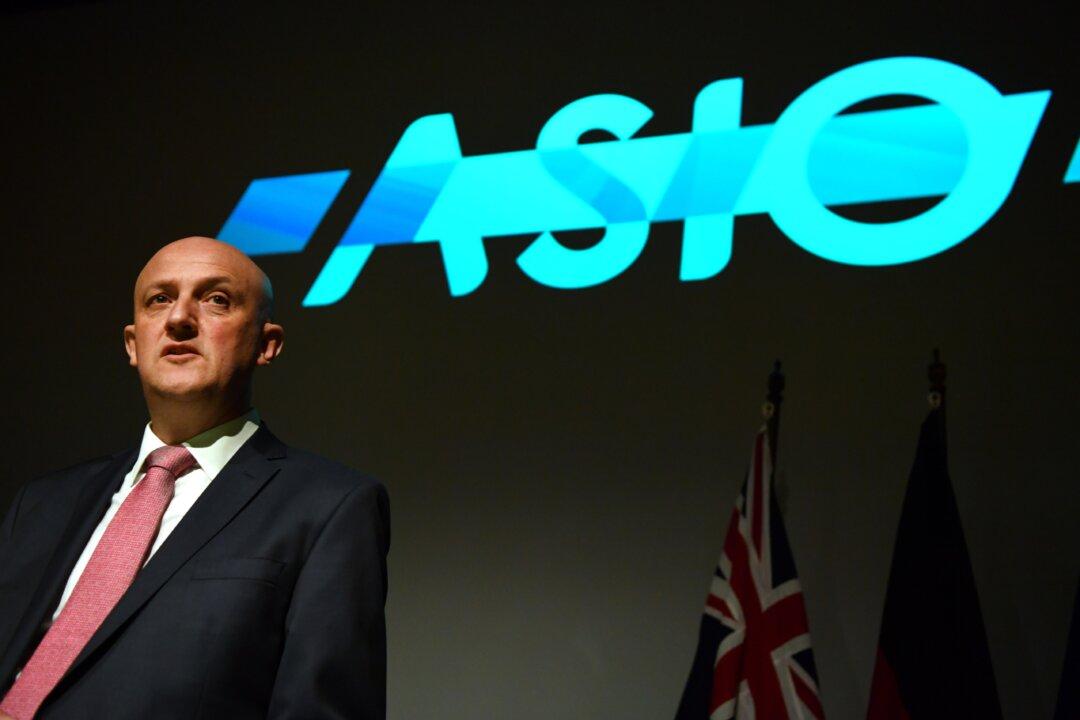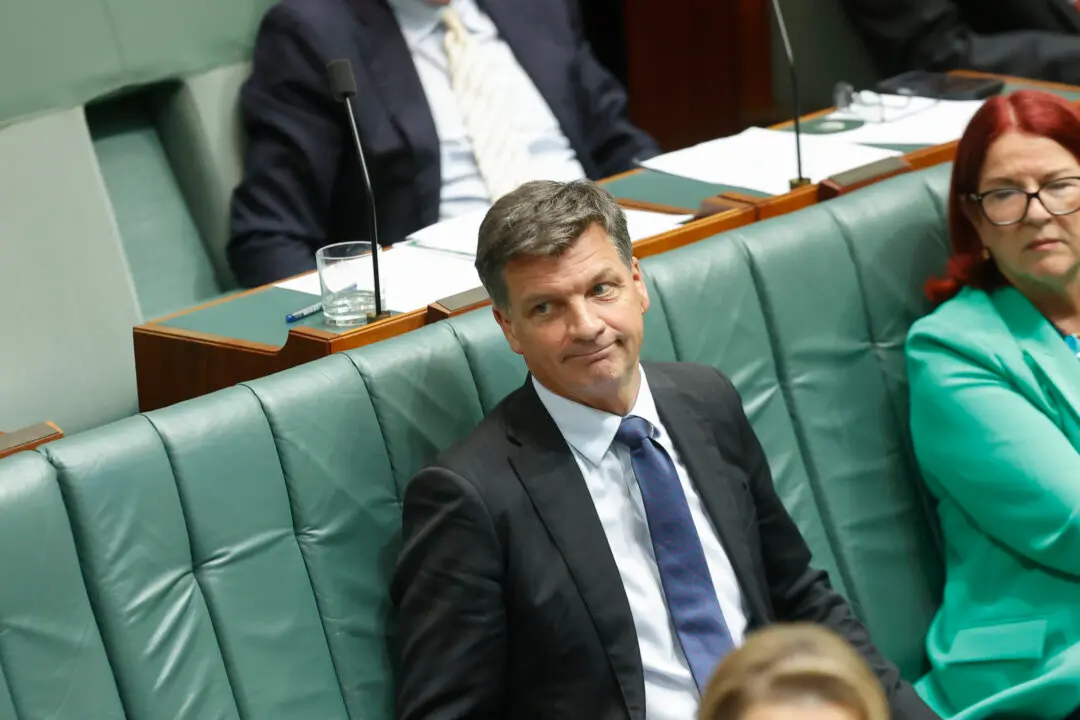The Australian government is poised to reduce $3 billion in student debt, impacting over three million Australians, as the bill passed the lower house on Oct. 10.
Education Minister Jason Clare announced that the bill, which targets student debt relief, has successfully cleared the House of Representatives and will now be considered by the Senate.





